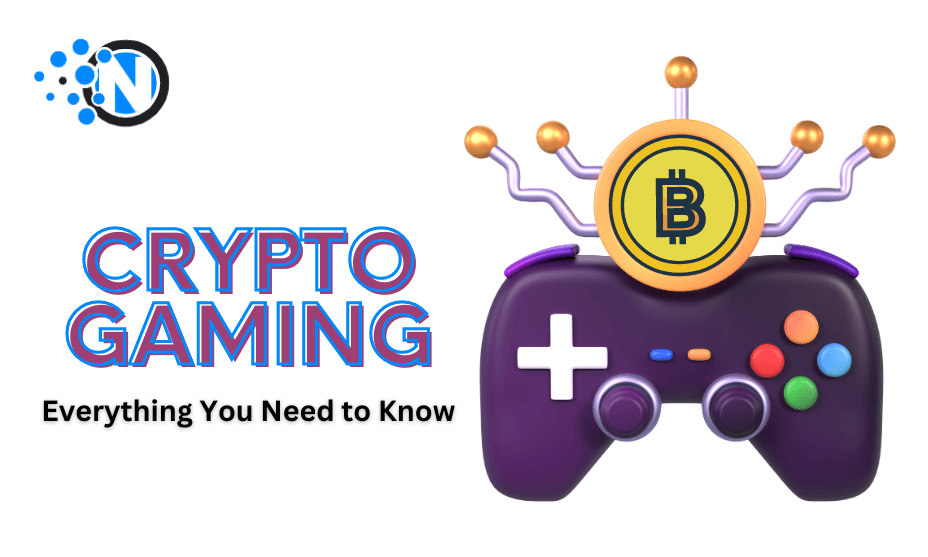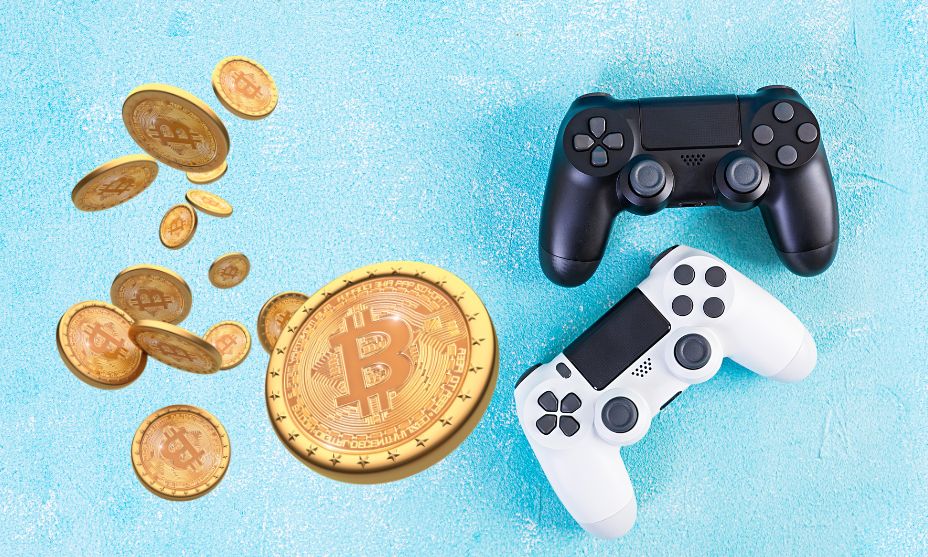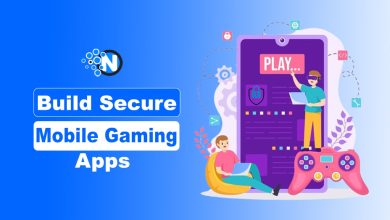Crypto Gaming – Everything You Need to Know

The use of blockchain technology and cryptocurrencies in gaming has become one of the most popular developments in the industry in recent years. Crypto gaming is an advanced play-type in the blockchain space because it merges both the finance aspect and the game loop for a thrilling gaming experience for a vast number of different crypto fanatics and game players.
However, since the blockchain space basically represents an ‘uncovered territory’ in the world of gaming, therefore it would be advisable first to spend some time figuring out more about it before venturing into it. In this guide, we’ll discuss crypto gaming for beginners, examining the various types of crypto games that are available today and the steps necessary for a successful gameplay experience.
Understanding Crypto Gaming
The phrase “crypto gaming” now pretty much refers to any kind of game that incorporates blockchain technology and cryptocurrency. There are many various games and digital experiences available within the industry, ranging from blockchain-powered virtual gaming arcades to Bitcoin casino gaming platforms.
Another name that’s used alternately to characterize the industry is GameFi, which combines gaming and decentralised finance (DeFi). However, this phrase usually refers to games that are play-to-earn (P2E) oriented; further details on these games can be found below!
Although gaming with and for cryptocurrencies is still very much in its infancy, it has developed rapidly from its inception as a specialised idea. Early initiatives such as Dapper’s CryptoKitties were very successful in drawing interest from the blockchain and tech communities. More recently, a number of conventional gaming firms have entered the market, further propelling innovation and development. There have been a number of notable partnerships between blockchain startups and traditional game firms, and well-known gaming brands like Square Enix and Ubisoft have also made big moves into the cryptocurrency gaming market.
Though trends in the gaming business are nothing new, what is it about Bitcoin gaming specifically that has allowed it to take off in such a favourable way? Well, the industry not only delivers the advantages of blockchain technology but also creates new participant economies and monetization methods. Even though blockchain technology is just a few years old, its reputation for security and transparency makes it the perfect tool for managing online gaming environments.

An Introduction to Decentralized Gaming Segments
As previously noted, there are various gaming genres within the cryptocurrency gaming industry, and each one has its own titles and platforms that work with both PCs and smartphones. Let’s examine the main categories of decentralised gaming in more detail.
Blockchain Games
As the name implies, blockchain technology is used in the development of games, enabling the production of decentralised gaming experiences. Games that incorporate blockchain technology will use different components, but all of them use smart contracts to guarantee the security and immutability of in-game assets and transactions. Most importantly, distributed ledger technology (DLT) prioritise user-driven economies in a truly decentralised manner by giving players genuine ownership of the digital goods they acquire or win in games.
Crypto Gambling Platforms
A number of the gaming industries that already existed have embraced the promise of cryptocurrencies due to their rapid expansion since the mid-2010s, notably iGaming, or internet gambling. Crypto is, in many ways, the ideal companion for internet gaming: by incorporating blockchain technology into gaming platforms, basic procedures may be streamlined. Transparent and impenetrable transactions may be ensured and player and operator trust can be reinforced by simply acknowledging cryptocurrency as a legitimate way of deposit and withdrawal.
Play to Earn Games (P2E)
P2E games are blockchain-based games, but not all blockchain games fall under the play-to-earn category. This is due to the fact that games falling under this particular category enable users to complete activities and play games to earn Bitcoin incentives. Strong in-game economies in these games enable players to amass, exchange, and sell their decentralised prizes.
There are hundreds of P2E games now in existence, but one of the most famous is Sky Mavis’ Axie Infinity, an Ethereum-based game where players collect and breed digital pets known as Axies. In addition, players can engage in battle arena competitions alongside their pets, just like the popular video game Pokemon. Victories in battles and the completion of significant objectives in the game grant tokens known as AXS, the game’s native cryptocurrency, and SLP (Small Love Potions).
How to Get Started with Crypto Games
Remember that playing cryptocurrency games requires more than just turning on your PS5 or logging into the Steam store when you’re ready to start. Starting in the industry requires a few crucial steps:
1. Create a crypto wallet: To keep your digital assets safe, you must create a decentralised crypto wallet whether you plan to play P2E games for NFT incentives or engage in cryptocurrency gaming. Software wallets like Zengo and Trust Wallet are popular choices.
2. The fun part is about to begin: Choose your adventures! As we’ve already said, there are several P2E games and cryptocurrency gaming platforms to choose from, and the industry is only expected to grow. Looking through community evaluations might assist you in locating trustworthy games that put player security first.
3. Purchase cryptocurrencies: To pay for in-game purchases and transaction fees, you’ll need to obtain some cryptocurrency tokens after deciding which games to play and setting up a wallet with a software provider. We only recommend using reputable cryptocurrency exchanges like Binance and Coinbase to buy decentralised currencies.
Conclusion
The field of cryptocurrency gaming is expanding quickly and presents both investors and players with intriguing opportunities. There are obstacles to overcome, like possible volatility and security issues, but there is no denying the potential advantages of blockchain technology for the gaming industry. Crypto gaming can change the way we play, own in-game items, and engage with virtual worlds as the industry develops and regulations are set.




